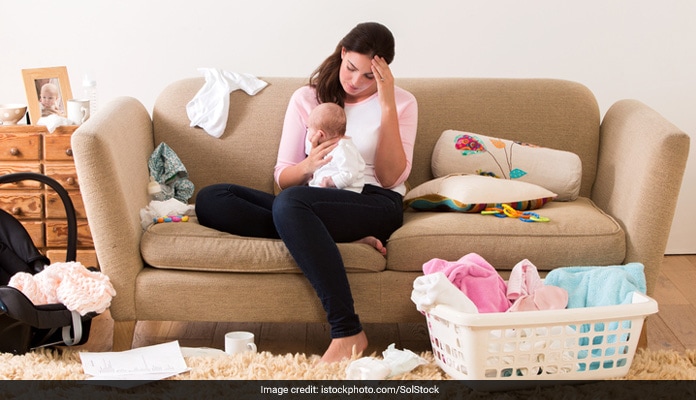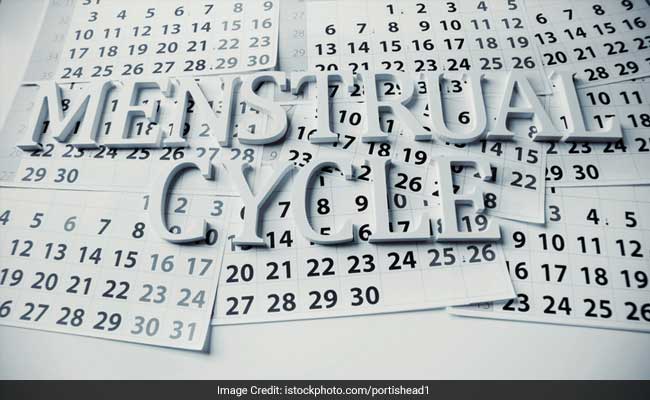Periods are not a magical time that can make you infertile for a few days. While the risk is less, you still can become pregnant during your periods.

Short menstrual cycles can increase your chances of getting pregnant
HIGHLIGHTS
- There is a positive chance of pregnancy during periods
- Sperms can stay alive for up to 7 days, ovulation happens on 14th day
- Women with short menstrual cycles have greater chance of pregnancy
So what's the science behind it?
Let's start with the basics. When our ovaries is ready with a matured egg, it releases the egg. This process is called ovulation. The egg is then sucked by the nearest Fallopian tube (there are 2 in your body) to transport it to the uterus. This Fallopian tube is the area of your body where the egg has a chance to get fertilized by the sperm. If conception doesn't happen, the egg is shed along with your uterine lining- that had grown thick to protect the fertilized egg- and this process is called your period.
Now consider this. Most women have a menstrual cycle that lasts for 28 days. This is the time between the first day of your period till the first day of your next period. Ovulation generally happens on the 14th day, which is exactly in between of your menstrual cycle. And an egg can survive for up to 24 hours while sperms can live for about 5 days and sometimes even 7.
So according to this calculation, the time when you are most fertile will be during your ovulation, or to be more precise, in your 13th, 14th, 15th and 16th day. And period will be from day 1 till day 6.
Also read: 10 reasons for delayed periods

If sperms are alive in your body during ovulation, pregnancy can occur
Photo Credit: iStock
But sometimes, your menstrual cycle may be short. If the gap between your periods is less than 22 days, your periods can immediately be followed by ovulation or there may only be a 3-4 day gap between them. This means that if you have intercourse without protection on the last or even the 5th day of your period and ovulate after it, the sperms will still be alive and ready to fertilize the egg when it comes down. If you naturally have short cycles, then you are definitely at a greater risk of pregnancy.
The chances are elevated even in women who have blood spotting between periods. This is because the time is too close for ovulation and if you mistake this vaginal bleeding for a period and have unprotected sex, pregnancy may be on the cards for you. Spotting generally occurs due to hormonal imbalance, thyroid irregularity, structural issue, abnormality of the cervix, or a vaginal infection.
Watch out for signs like abdominal cramping, spotting, breast tenderness and moodiness after you have intercourse. They can occur just after 2 weeks and can mean pregnancy.
Using contraception, through pills, implants or condoms during intercourse is usually the best way to ward off any risks. It's also important to keep a good track of your menstrual cycle and know your body well.
Also Read: Early menstruation can be harmful for your lung health
DoctorNDTV is the one stop site for all your health needs providing the most credible health information, health news and tips with expert advice on healthy living, diet plans, informative videos etc. You can get the most relevant and accurate info you need about health problems like diabetes, cancer, pregnancy, HIV and AIDS, weight loss and many other lifestyle diseases. We have a panel of over 350 experts who help us develop content by giving their valuable inputs and bringing to us the latest in the world of healthcare.














